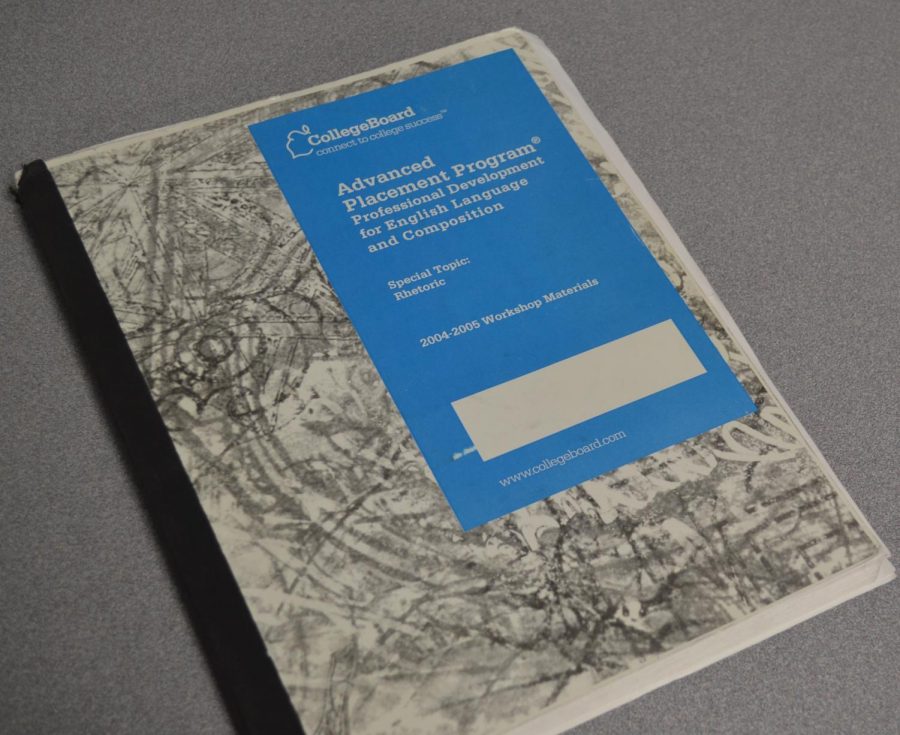Are AP Classes Worth It For Students?
College is an essential part of the American Dream. Going to college, especially prestigious universities, is considered a high honor, and in our heads, we think it must be a shoo-in for an equally important job. High-ranking colleges and professions are a metric to measure how successful someone’s life is going to be, in terms of societal perceptions.
The American Dream was exponentially more important than the time after WWII, where the education sector of the government was becoming more and more concerned with the growing disparity between secondary and post-secondary education. This was due to the lack of people in colleges either because they were directly involved in the war, being a soldier or being part of the war effort at home. They decided to enter college classes into the high school curriculum to help the bridge between the two educational institutions, and get more students prepared and ready for the university experience.
So, in the 1955-1956 school year, when the College Board introduced a program for high-achieving students to take college classes and receive the credit for college in high school, many students jumped at the opportunity. In that first year, 1229 students took 2199 AP exams, a score of three or above destined to give them college credit in the 11 subjects offered through the program. This evolved through the years, leading to 2,218,578 students taking 3,938,100 AP tests over 34 subjects in the 2012-2013 school year. But one has to wonder if the motive for taking AP classes has changed from the original purpose of letting students more seamlessly transition into university, or has it become a different beast altogether?
According to the College Board website, the purposes of the AP program are to earn college credit to put students ahead in college by letting them skip introductory classes, which saves time and money on classes. Additionally, it plumps up their college resumes, gives them a taste of the college paced-classes and thinking skills, and help them discover something they are passionate about. Matching the purpose up with what students get out of the program, however, is no small feat.
Alyssa O’Malley, a junior at A-West who takes three AP classes, comments about whether the College Board goals align with her own goals for taking the AP classes says, “They don’t really say my reason for taking the class. I only take the AP classes so that I get the weighted GPA. The higher the GPA the better.”
But the average student does not take a barrage of AP classes. In fact, some people take minimal AP classes on topics of interested, leading to a very different experience from those in strictly higher-level classes, due to the differing difficulty level presented in their various classes.
Kaden Knight, a junior, who only takes two AP classes, says that he takes AP classes “so that I can maybe get college credit and a weighted GPA”.
From Knight and O’Malley’s interviews, it is clear that students are not in the classes primarily in order to find their passion, as is one of the primary purposes stated on the College Board site. Instead, what it constant throughout most of the students taking AP classes is the want for a higher GPA in high school.
Although the purpose for the students does not exactly match up with the intended purpose of College Board, it is clear that students get something out of the classes. “I enjoy the challenge of AP classes.” O’Malley provides.

Lucy Vaughan is the Feature editor for The Westwind. This is her first year on staff and she is very excited to be able to share her stories with her friends...



